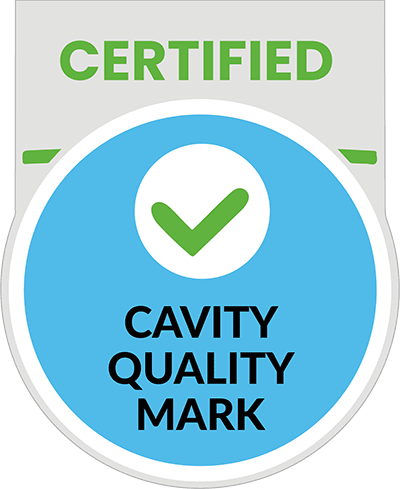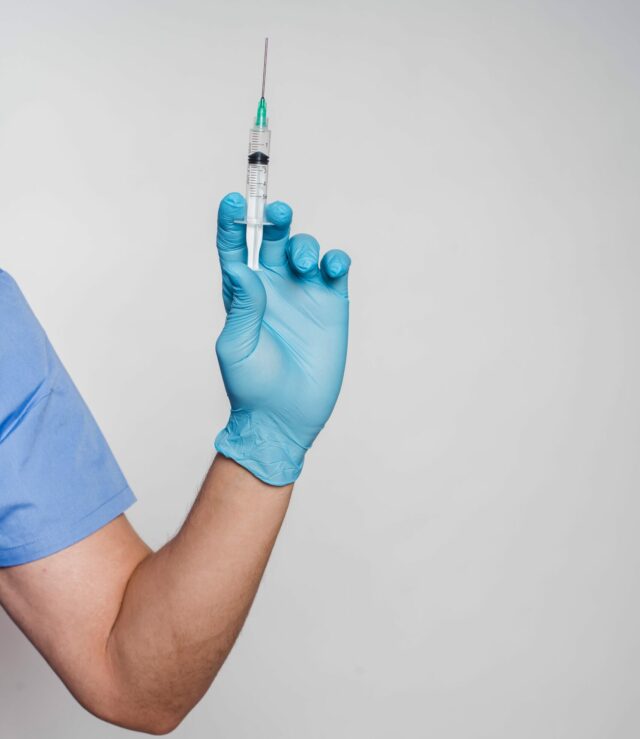Understanding Anxiety, Fear, and Phobia:
Before delving deeper into needle phobia, it's crucial to differentiate between anxiety, fear, and phobia. Anxiety, characterized by low levels of fear and apprehension, accompanies tasks with muscle tightness, sweating, and doubts about completion. Fear, on the other hand, is an intense emotion triggered by a real threat, evoking a fight-or-flight response. Phobia, a persistent and irrational fear, can persist even in the absence of an actual threat. Recognizing these distinctions lays the groundwork for comprehending the unique challenges posed by needle phobia in dental settings.
Needle Phobia in Dentistry:
Needle phobia, a formidable challenge encountered by dental professionals, extends its influence beyond dental settings, affecting experiences such as vaccination or blood tests. Approximately 1 in 10 people grapple with this fear, leading to avoidance of dental visits until symptomatic issues arise. This avoidance results in more invasive treatments, such as anaesthesia-requiring procedures, compromising oral health and overlooking critical examinations, including oral cancer checks.
Challenges in Treating Patients:
Addressing needle phobia poses challenges for both patients and clinicians. Patients may exhibit heightened tension, restlessness, and jumpiness, adding stress to dental procedures. Considerations regarding appointment duration, additional equipment, and specialised skills become paramount, requiring a tailored approach to ensure optimal patient care.
Helping Patients Overcome Needle Phobia:
- Communication:
- Open dialogue is pivotal in supporting patients with needle phobia. Listening to their narratives aids in understanding root causes and establishes trust between patients and the dental team.
- Transparency about the appointment's proceedings from the outset, coupled with promises that are kept, provides patients with a sense of control.
- Staff Training:
- Comprehensive training for the entire dental team is essential in creating a supportive environment. A welcoming atmosphere, positive body language, and understanding of patients' situations contribute to a more comfortable experience.
- Mindful Language Use:
- Careful consideration of language is crucial. Negative terms such as "pain" or "hurt" can inadvertently heighten anxiety. Instead, use words like "discomfort" and avoid overpromising painlessness.
- Utilizing Dental Anxiety Questionnaires:
- Anxiety questionnaires can serve as non-invasive tools to gauge a patient's anxiety levels. They provide an opportunity for patients to express concerns and enable clinicians to tailor support accordingly.
Aids in Dentistry for Needle Phobia:
- The Wand:
- A computer-controlled anaesthesia system, The Wand, offers controlled local anaesthesia delivery. While it requires space and time to learn, it is associated with lower pain levels, a less intimidating appearance, and reduced unnecessary numbness.
- Systematic Desensitization:
- A behavioural technique, systematic desensitization involves gradual exposure to anxiety-triggering aspects of dentistry. This technique, devoid of equipment, encourages patients to use relaxation techniques to diminish anxiety over time.
Needle phobia is a significant hurdle in oral healthcare, impacting both patients and clinicians. By fostering open communication, providing staff training, utilizing mindful language, employing anxiety questionnaires, and embracing technological aids like The Wand or behavioural techniques such as systematic desensitization, dental professionals can create a supportive environment. Collaborative efforts within the dental team are crucial to effectively address needle phobia, ensuring that patients receive the care they need without succumbing to fear-induced avoidance.


